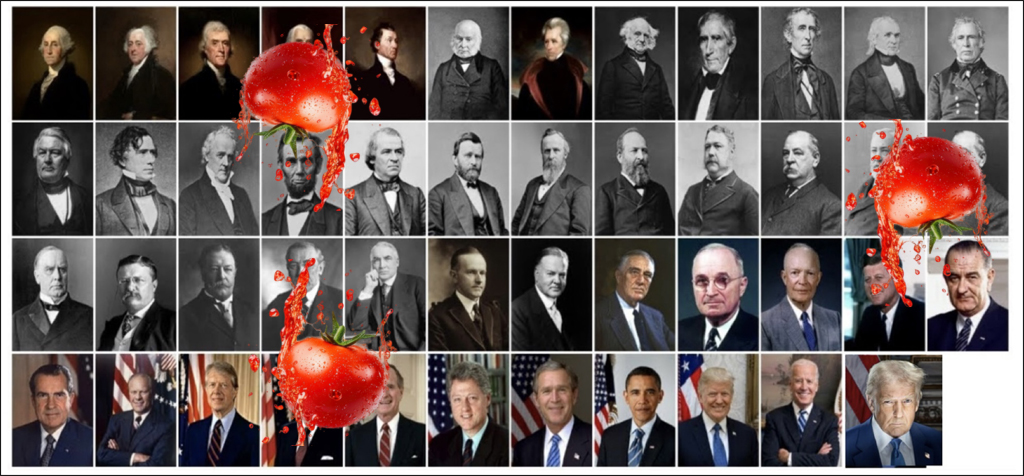Highlights from around the Streetsblog Network today:
New Jersey Residents Support Smart Growth and Transit: To hear some people tell it, most of us in the United States don't appreciate transit, which benefits only "others." And smart growth -- policies that help us live closer to where we work and play -- that's antithetical to what it means to be American.
But a public opinion survey from New Jersey shows these policies are more widely supported than a vocal minority would suggest. The Tri-State Transportation Campaign recently commissioned the poll, conducted by the Monmouth University Polling Institute, seeking opinions on transit, smart growth and road repairs. The findings show that 66 percent of New Jersey residents support more planning to support livable communities, 76 percent favor greater emphasis on road repair, while 54 percent think transit should be expanded. Meanwhile, only 36 percent of the public said they think building new roads should be a high priority.
“This new data further supports our stand that investing in public transportation and road and bridge repairs will prevent suburban sprawl and enhance our sustainability,” TSTC Executive Director Kate Slevin said in a release. “It also has an added benefit of offering some economic relief throughout the state.”
The Drug War's High Cost to Cities: The way people feel about America's ongoing drug war is closely tied to where they live, says Stephen Smith of Market Urbanism in a blog post for Forbes. Cities are the front line in America's often-violent criminal enforcement of drug laws. Meanwhile, the group that is most supportive of the country's punitive approach to this problem are people that live in small towns and rural places, he writes.
Smith draws a parallel between the modern drug war and our bygone experiment with prohibition. "Cities have always been caricatured as centers of licentiousness, and the booming cities of turn-of-the-century America, teeming with poor Catholic immigrants, must have been terrifying to the established white Americans of the Midwest and America’s small towns," he writes. "New York and Chicago proved to be impossible to temper, and it was there that Prohibition was the most violent."
He continues: "As with alcohol in the 1920s, when Prohibition was foisted on cities by small towns, today’s anti-drug policies are most popular among white suburban and rural conservatives. Urban voters, who bear the brunt of the damage of America’s misguided drug policies, are more liberal and likely to favor reforms like marijuana legalization and needle exchanges, but just like their predecessors who opposed Prohibition, they are forced to acquiesce to the federal war on drugs."
Regional Transit as a Method to Reduce Overall Travel: Indianapolis is gearing up for a major transit expansion. They've built a broad consensus around a plan to add more transit, and calls for "regional transit" can be heard far and wide across the flatlands of central Indiana. And that's good, says Curt Ailes at Urban Indy. But urban boosters shouldn't lose track of their highest aim: creating viable places for residents to live, work and play, without being handcuffed to a steering wheel. In some sense, Ailes writes, the creation of a regional transit network will succeed if it leads to more localized, walkable development -- and less regional travel.
"We all talk about improved rail transit, bus rapid transit and local bus service. At the same time, we talk about how stations along rail corridors can serve as magnets for robust urban themed development in the form of multi-story buildings, retail, residential and reduced parking," he said. "One thing that often gets swept under the rug, is how increased mobility in the form of the aforementioned rapid transit, can actually lead to a reduction in people traveling around the region; that the very areas we advocate be created around rapid transit stops could serve to keep the people who are attracted TO them, from traveling AWAY from them."






